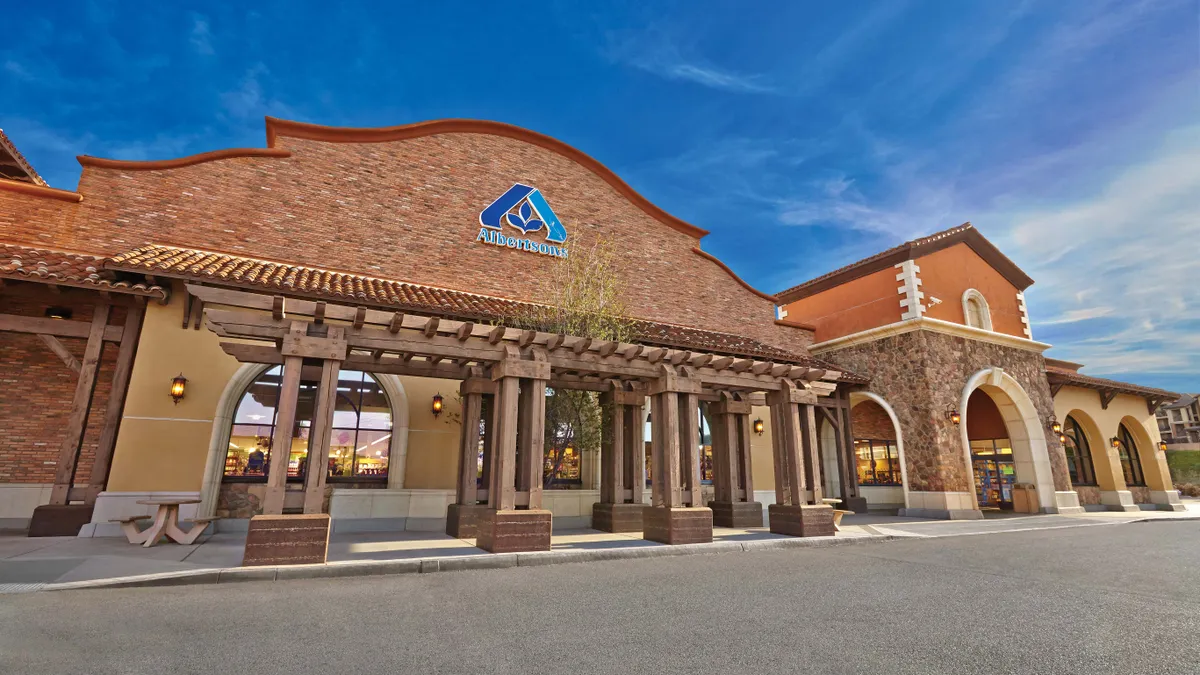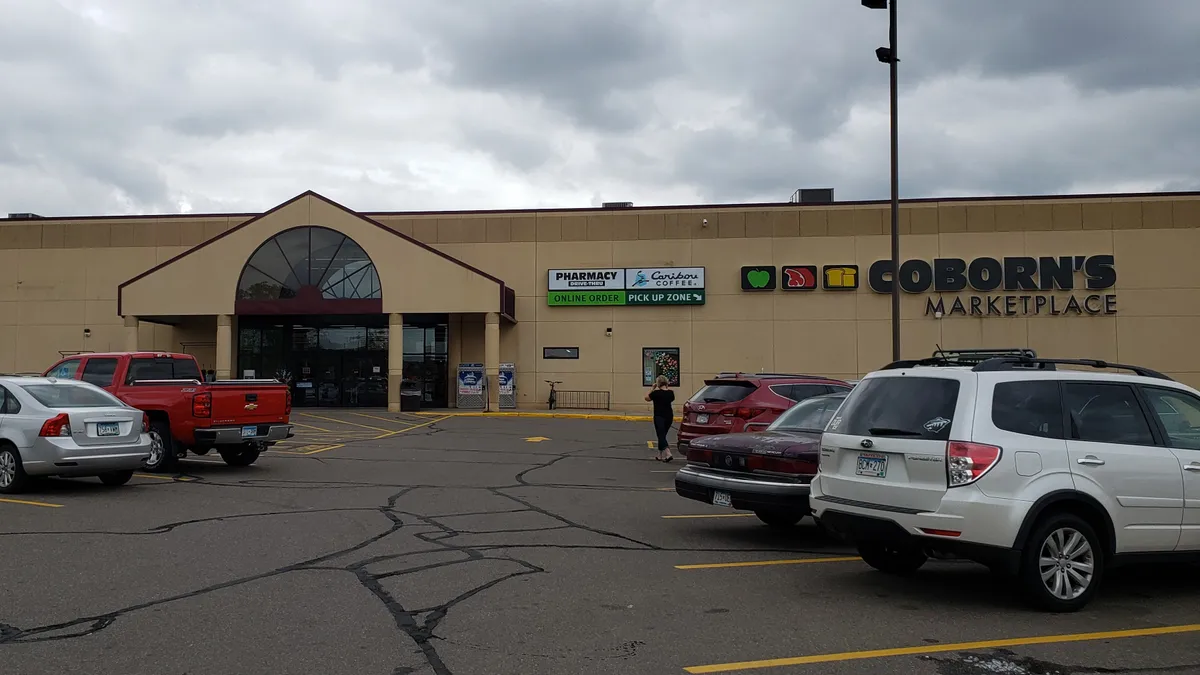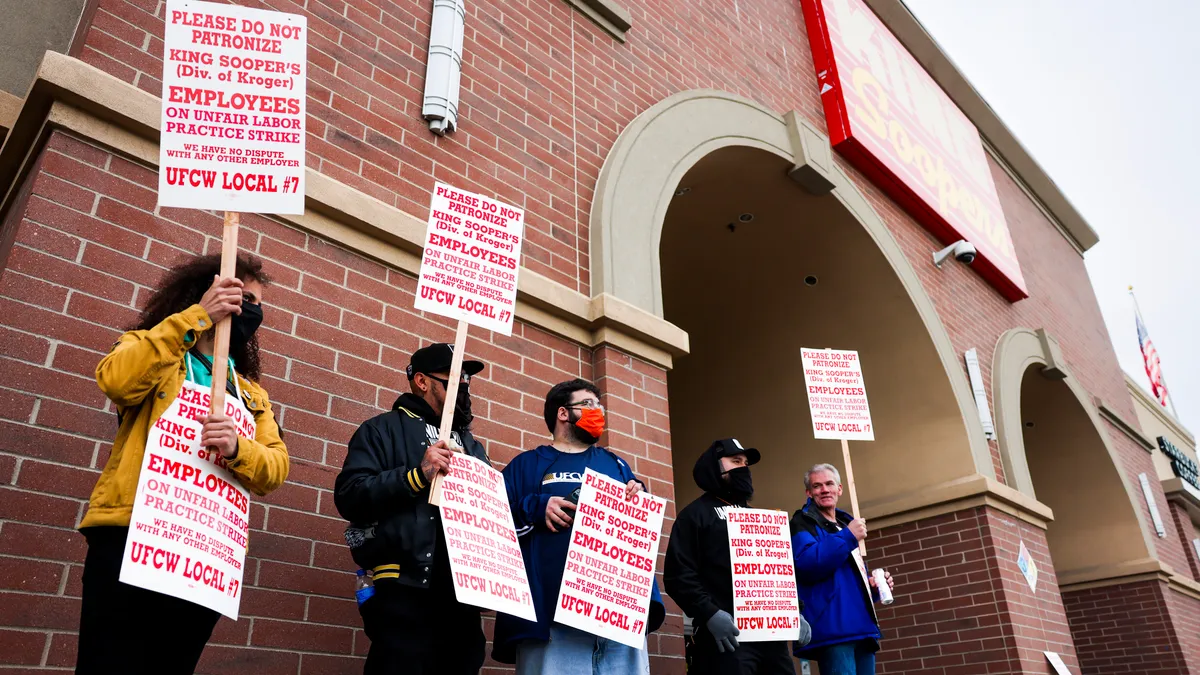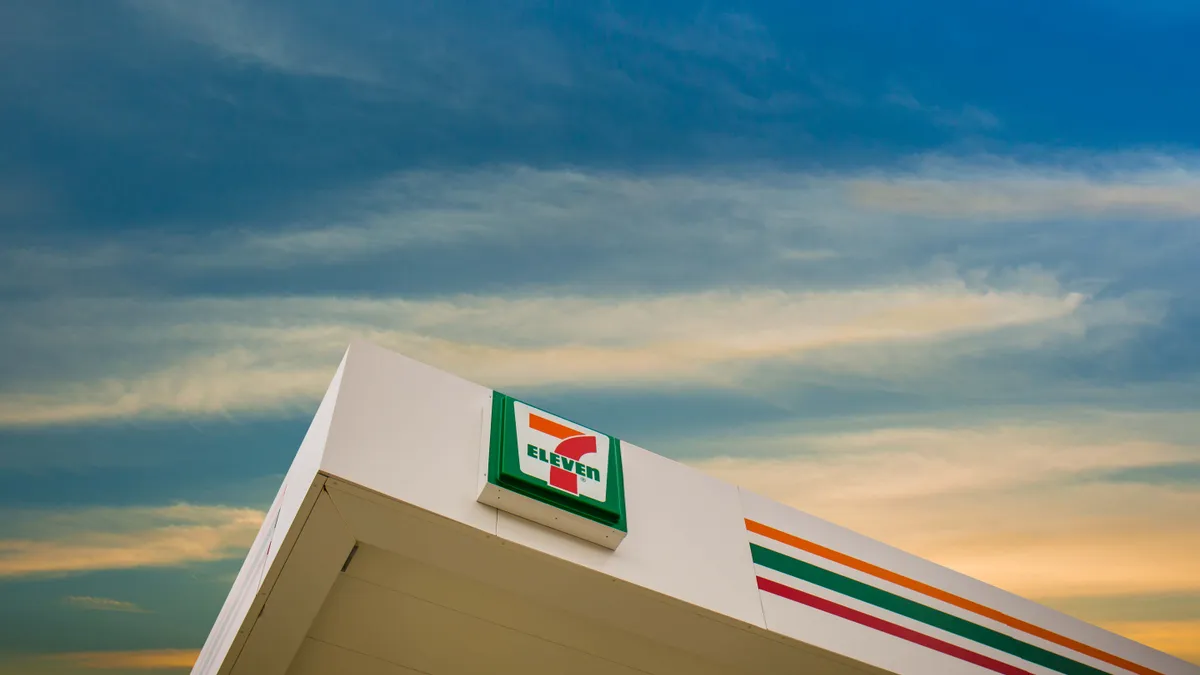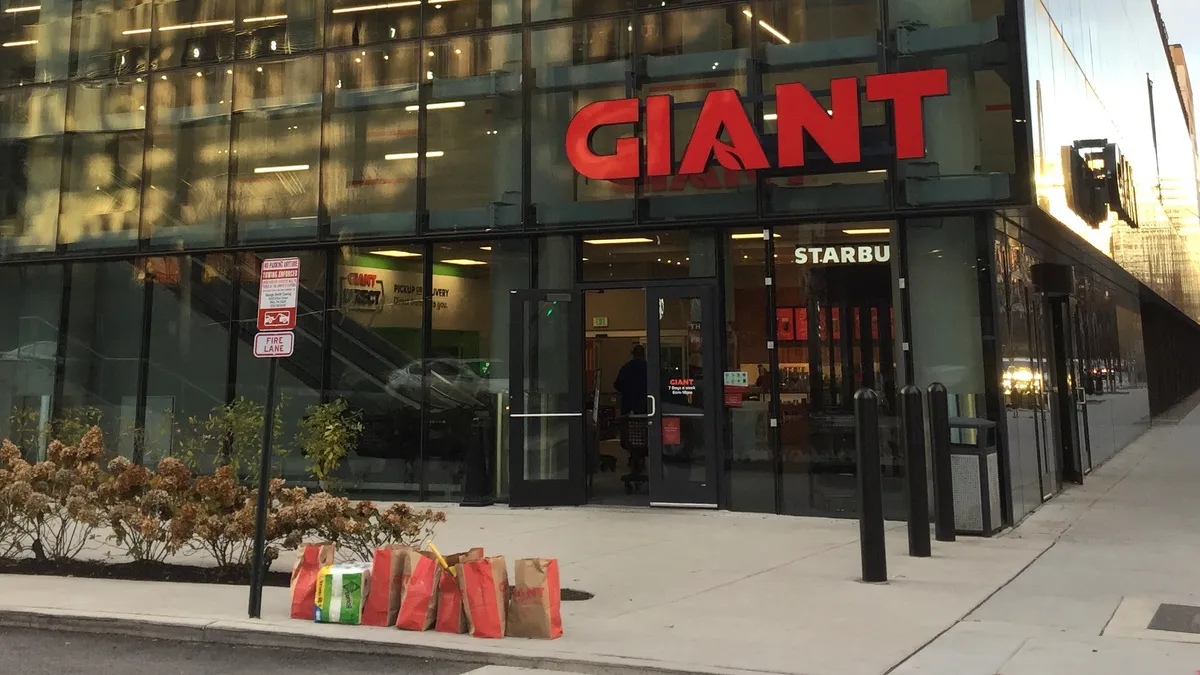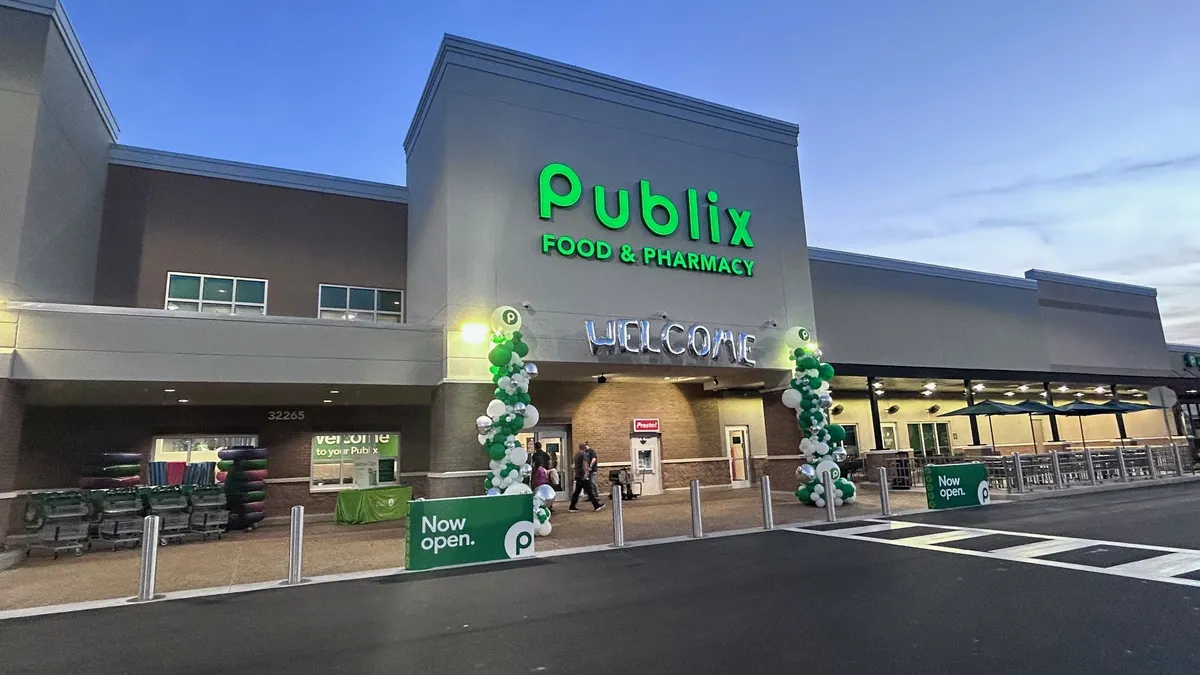Kroger and Albertsons’ ability to complete their planned merger in the face of the Federal Trade Commission’s challenge will likely hinge on the grocers’ ability to convince a single federal judge that regulators have misunderstood the implications of the deal, according to antitrust law experts.
The judge will decide after listening to arguments from both sides whether to grant the FTC’s request for her to issue a preliminary injunction that would prevent the grocers from combining. And while the companies would be able to fight a court order stopping the merger, moving ahead under those circumstances would be daunting, said Spencer Waller, a professor at Loyola University of Chicago School of Law who specializes in antitrust law.
“That’s usually the death knell for these kinds of deals. Very few companies have the stomach and the willingness to then keep going. So the preliminary injunction [process] ends up being, in essence, a mini trial,” said Waller, adding that he thinks a hearing probably won’t take place for at least a few months to allow time for Kroger and Albertsons to prepare.
To win an injunction, Waller said, the FTC does not have to conclusively demonstrate that the merger would be anticompetitive — only that the government would have a strong case if the matter were to proceed to an administrative law judge, who would decide what comes next.
The FTC would have to show “that they have a likelihood of winning if this were to go to trial, and that deal would have a tendency — not a certainty — to harm competition by raising prices, diminishing quality, harming innovation” and hurting workers, he said.
“No judge in any kind of case, antitrust or otherwise, will issue an injunction unless they really think whoever the plaintiff is — government or private person — has a really substantial chance of winning if this was a full trial. And that is the moment of truth,” Waller added.
Waller said a central task for Judge Adrienne Nelson of the U.S. District Court for the District of Oregon, who has been appointed to adjudicate the FTC’s request for an injunction, will be to evaluate whether Kroger and Albertsons’ plan to divest hundreds of stores to C&S Wholesale Grocers is viable. The FTC described that proposal as inadequate, saying in a statement about its opposition to the merger that C&S would “face significant obstacles stitching together the various parts and pieces from Kroger and Albertsons into a functioning business” that would pose meaningful competition.
“I think at the end of the day this will come down to whether the court deems their proposal … acceptable or not and therefore sees the need to block the merger in its entirety,” said Waller, who formerly served as a senior advisor to FTC Chair Lina Khan.
The parties could keep trying to reach a settlement
Jeffery Cross, an antitrust attorney who is of counsel to the law firm of Smith, Gambrell & Russell, said Kroger and Albertsons could continue to try to develop a divestiture plan that would win the FTC’s approval even as the injunction process unfolds.
“There’s been extensive negotiations and so they have a feel for what the FTC is interested in in terms of divestiture, and they can still be working on that,” Cross said. “There’s nothing that keeps them from continuing to have a dialogue with the FTC.”
The companies and the regulatory agency could try to hash out terms that would satisfy both sides even as the legal proceeding during which the judge will evaluate the FTC’s motion for an injunction plays out, Cross added, noting that the hearing could stretch over several weeks.
Another possibility is that the grocers will opt not to make any further concessions and gamble that the judge will buy their argument that their original plan to sell stores and other assets to C&S is enough to allay concerns that the merger would be anticompetitive, Cross said.
“They could decide that the FTC is being ridiculous and they’re going to stand their ground,” he said. “It’s hard to know what’s going on behind the scenes.”
Waller said the judge would have the ability to decide whether to even consider changes to the merger arrangement.
“It’s a really complicated answer whether they have to litigate the validity of the deal as it exists or the deal with some enhanced offering,” he said.
If the merger does go through against the FTC’s wishes, the agency could attempt to force the companies to make changes – including trying to reverse their combination – if it can prove that the grocers are harming consumers, workers or both as a result of coming together, Waller said.
As an example, Waller pointed to the FTC’s decision in 2020 to sue Facebook for allegedly creating a monopoly through its purchases of WhatsApp and Instagram despite initially clearing those transactions. The FTC closed its investigation of Facebook’s deal to buy Instagram in 2012 without taking action and cleared the social media company’s purchase of WhatsApp two years later.
Cross and Spencer noted that the grocers are looking to press forward with their merger in a political environment where the government is paying more attention to the impact of deals on the labor market.
“Until very recently, the focus in these deals was almost entirely on the consumer side. And this administration, in particular, has been more and more focused also on whether these deals would harm workers,” Waller said.



